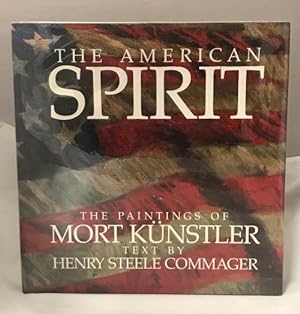
In February of 1775, the Earl of Sandwich had dismissed the colonists as “raw, undisciplined, cowardly men.” Raw and undisciplined they were, but the day proved to any British officer who dared to pay attention that the Americans were not cowardly. “Even weamin had firelocks,” reported one bewildered British sea captain. Hiding behind trees, fences, or in farmhouses, they harassed the troops throughout the twenty-mile march back to Boston. Minutemen flooded the woods and farms adjacent to the road to Boston. The colonists had taken advantage of the early warning to hide their stash in new locations.īefore the day was out, war was what the British got. The militia, intimidated by British bayonets, withdrew, so the British column marched on to Concord, where they burned the few supplies they found. But if they want war, let it begin here.” Shots were exchanged, resulting in casualties on both sides.

Militia Captain John Parker shouted to his men, “Don’t fire unless fired upon. When the British column approached Lexington, approximately six miles east of Concord, townspeople, mustered on the village lawn, confronted the troops. This time, the result would be different and make something of a prophet of beleaguered King George III, who claimed in November of 1774 that since “the New England governments are in a state of rebellion, blows must decide, whether they are to be subject to this country or independent.” As recently as February of 1775, a similar early morning march advanced on Salem. This was not the first time Massachusetts militiamen had faced British troops in the field. The warnings enabled Adams and Hancock to escape capture while the rebel defenders of Massachusetts, having left their warm beds, prepared to guard their towns. Throughout the long night, church bells rang, guns fired, and a trio of riders alerted the colonists that British troops were on the move. With a little luck, the British also hoped to arrest two of the nascent rebellion’s most belligerent leaders, Sam Adams and John Hancock. Their goal was the destruction of military supplies believed hidden in Concord by the colonial militia. In the overnight hours of April 18-19, 1775, British regulars staggered from their bunks, donned their red wool uniforms, were rowed across the Charles River, and marched through the Massachusetts countryside. Though shrouded in myth, the details are well-known. The story is one of the most familiar in American history.


 0 kommentar(er)
0 kommentar(er)
